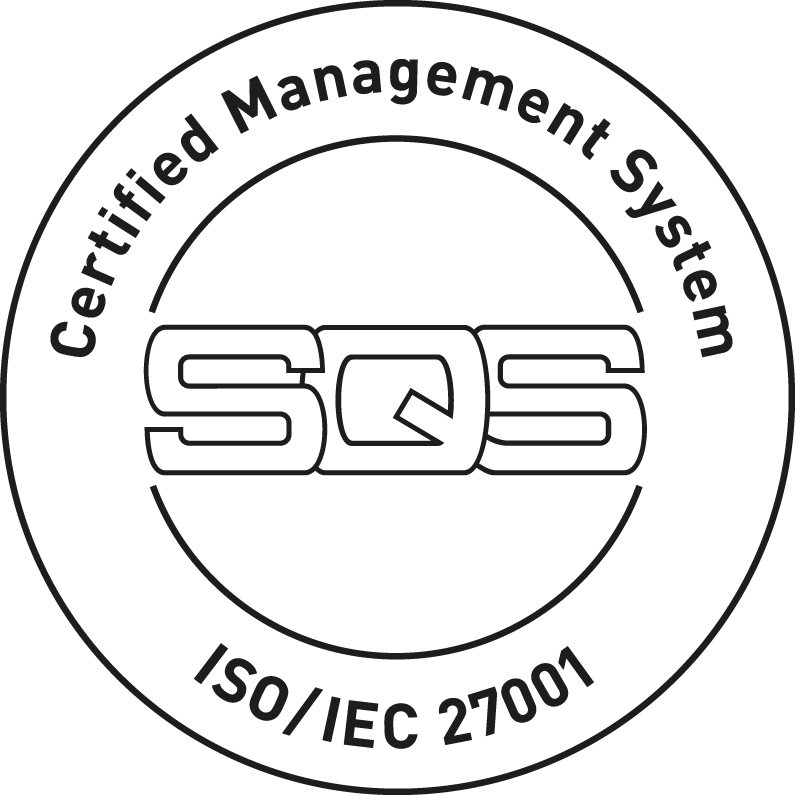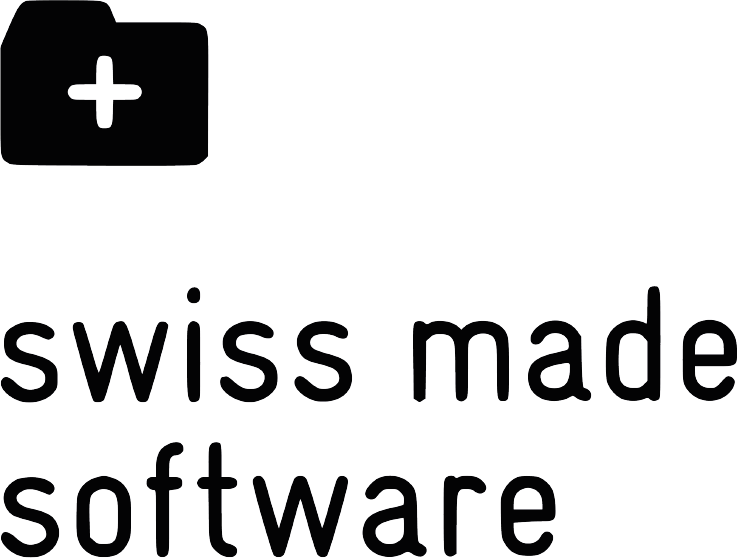As organisations finalise their budgets for 2026, many are looking closely at where to spend and where to save. Cost control remains essential and every expense needs to be justified — either by improving efficiency or by protecting the organisation against reputational, security and employee safety risks. Yet, areas that safeguard trust and integrity should not be treated like ordinary expenses. Their true value often becomes visible only when something goes wrong — and by then, the cost is much higher.

Setting a budget for background checks can be challenging. Questions such as “How much screening do we need?”, “What are the minimum checks that need to be done?” or “How do we show the return on investment?” are common during budget discussions, especially when resources are limited.
If your organisation already has a background check programme in place, you may decide to continue with the same approach in 2026. However, if you are planning to introduce an employee screening process or to extend your approach, it’s important to have a clear framework for evaluating costs and benefits.
The following six points outline practical ways to assess and justify your background check budget.
- Evaluate the unplanned costs of a bad hire
Every recruitment decision carries some level of risk. A candidate who turns out to be unsuitable, dishonest or unqualified can cause significant disruption — not only financially, but also operationally and reputationally.
The Advance & HSG study* says that turnover or mis-hire is estimated at 1.5–2× the employee’s yearly salary, when recruitment, onboarding and lost productivity are included.
For Swiss employers, especially in specialised or regulated sectors, the combined costs of replacing an unsuitable employee — from vacancy to reintegration — can be particularly pronounced. A structured background check helps identify discrepancies and potential human risk factors before an employment contract is signed. While it cannot eliminate all hiring risks, it significantly reduces uncertainty and turnover, ensuring that recruitment decisions are based on accurate, verified information.
Tip: When building your business case, compare the estimated cost of one hiring mistake with the average cost of a background check — typically a few hundred Francs per hire. This simple comparison often highlights the preventive value of screening.
- Link background checks to organisational integrity and trust
Beyond financial considerations, background checks contribute to a company’s culture of integrity. By verifying professional history, education and other relevant information, employers demonstrate that fairness and transparency are part of their values. This approach supports both internal trust among employees and external trust with clients, partners and regulators.
In our country, where companies are held to high ethical standards and often operate in sensitive sectors such as finance, healthcare, watchmaking or public administration, trust is a central business asset.
Embedding background checks into HR processes sends a clear message: integrity begins with recruitment.
Tip: When discussing budgets, present screening as part of a broader integrity and governance framework rather than a stand-alone HR cost. This helps align priorities across departments.
- Ensure compliance with local and sector-specific requirements
Depending on the industry, background checks can also play a role in meeting compliance expectations. Financial institutions, for instance, are required to perform fit & proper checks on key staff under FINMA supervision. Other sectors may have obligations under data protection, health, security or public procurement regulations.
Even when not explicitly required by law, maintaining a documented, fair and consistent screening process can demonstrate compliance with internal policies and codes of conduct. Not only during hiring, but also through repeated update checks at any stage of employment. This reduces exposure to legal and reputational risks related to negligent hiring.
Tip: Review your sector’s specific compliance obligations and link your background check program to those requirements. This makes the budget easier to justify to governance or audit committees.
- Plan for scalability and cost predictability
An effective background check program does not have to be complex or expensive. The key is to design it according to your organisation’s size, structure and risk exposure.
Many Swiss employers now apply a tiered approach, using different screening levels depending on the sensitivity of the role. For example, standard positions may only require basic verifications, such as checking diplomas or confirming previous employment references. In other cases, identity, criminal record and financial integrity checks may be sufficient. More senior or sensitive roles, however, often call for extended or customised screening, which can include potential conflicts of interest, social media content or international watch lists.
This approach allows organisations to manage costs while maintaining robust risk control and compliance standards across the workforce.
Tip: Estimate your annual recruitment volume and map it to different screening levels. Presenting a clear volume-based forecast helps demonstrate control and transparency when discussing next year’s budget.
- Digitalise HR processes and optimise hiring practices
Background checks can serve as a catalyst for HR digitalisation. Much of the administrative work that HR departments already perform — such as collecting copies of diplomas, employment certificates, identity documents, address confirmations or criminal record extracts — is covered by the background check process itself.
Traditionally, these tasks are shared between HR and candidates, often requiring reimbursements and manual follow-up, which adds administrative complexity and extends recruitment and onboarding timelines.
By reorganising and digitalising these steps through an integrated background check solution, HR teams can streamline data collection, ensure compliance and free up valuable time to focus on more strategic and human-centred priorities.
Tip: Estimate the time saved by digitalising and accelerating these administrative HR processes and include this gain in your business case for implementing a background check programme.
- Support quality and consistency in hiring decisions
A well-designed background check program also improves the quality and consistency of hiring decisions. When all candidates are subject to the same process, it reduces bias and ensures fairness.
Screening results provide HR teams with verified data to complement interviews and assessments, helping them make more confident choices. For candidates, a transparent and professional screening process reinforces trust in the organisation. It shows that the company applies the same standards to everyone — an important factor in maintaining a fair and inclusive workplace.
Tip: Collect feedback from hiring managers on how background checks have supported decision-making or prevented issues in the past. Real examples often speak louder than numbers when justifying continued investment.
View background checks as a human risk management tool
As outlined above, each organisation can estimate the return on investment (ROI) of implementing background checks. However, beyond the immediate financial impact, background screening should also be viewed as a long-term investment in organisational integrity and performance. It helps protect the company, strengthen workforce credibility, prevent costly recruitment errors, and foster trust with both internal and external stakeholders.
In Switzerland’s highly competitive job market, there is increasing pressure on candidates to optimise their profiles, a trend amplified by the growing use of artificial intelligence. According to Aequivalent’s analysis of more than 3,600 standardised background checks, 74% of CVs contained incorrect, incomplete or misleading information. In 5% of cases, the discrepancies even indicated clear non-compliance, with information deliberately falsified or omitted, directly undermining the credibility of the profile.
By reducing the likelihood of mis-hiring and ensuring that recruitment decisions rely on verified, trustworthy information, background screening programmes not only protect organisational reputation but also deliver measurable financial and operational benefits — clear indicators of long-term return on investment.
* Gender Intelligence Report 2023, Advance & University of St. Gallen (HSG)
Date of publication : november 2025
Author: Aequivalent’s Marketing and Sales team



